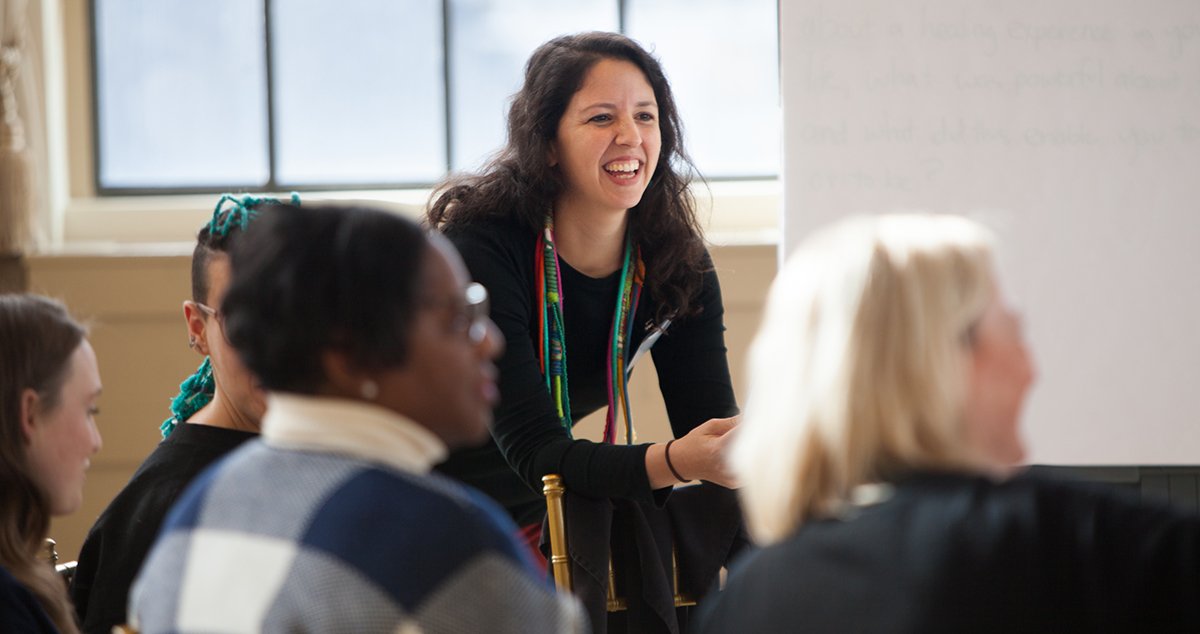Volunteer
How important are Friends groups? They can literally make the difference between a budget increase and cut for their libraries. Since the beginning of the American library movement, Friends groups have been formed by citizens using their collective powers to do everything from running a book sale to ensuring that our American library legacy remains viable. By contributing as a library Friend, you can make a lasting difference for your library.

Join Your Local Friends Group
Academic Friends
Teen Friends
Media Center/Library Friends
Contact United for Libraries, a division of ALA for tips on how to get started at united@ala.org.
Intellectual Freedom Resources for Trustees, Friends, & Foundations
Libraries are facing an unprecedented surge in challenges to books and harassment to library workers. There’s never been a more critical time to fight back. This clearing house of resources from United for Libraries provides free tools, tip sheets, sample policies, and more to defend intellectual freedom at your library.
Tips and Ideas
Plan Fundraising Campaigns
Planned Giving
Seek Help from Local Politicians
Evaluate Outcomes
Network and Strategize
Communicate Your Story
Create a Strategic Plan
Form a Friends Foundation
Stay Visible
Plan a Book or Author Event
Get Involved with Literacy Programs
Revitalize Your Friends Group
Friendraising & Fundraising Ideas for Friends Groups and Libraries of All Sizes
Other Ideas for Friends Groups
- Ask newspapers to endorse your library-related legislative efforts.
- Attend your city’s board meetings to voice support for library-supporting legislation.
- Network to see if any of your contacts have resources to share; (i.e., donated office equipment, books, furniture, or even real estate).
- Develop one or several of the following:
- Fact sheet about pending library-related legislation, and distribute it at your local libraries. Include “pro” and “con” issues so that it is considered a fact sheet and not campaign materials.
- Speaker’s bureau to arrange for relevant speakers at community meetings.
- “Advocacy Committee” with a mission statement, goals, and objectives, to keep you focused on your efforts
- “Advocacy Taskforce” to work closely with the director and board of trustees to generate grassroots support and media attention. Use tactics such as postcard campaigns, petition drives, media events, or an organized, strategic, “letters-to-the-editor” campaign.
- Engage in fund-raising by organizing gift solicitations, fund-raising events, raffles, or by writing grants for your library.
- Form a legislative committee to campaign for legislation (such as a tax increase) that would benefit your library.
- Partner with a bookstore to host a public-awareness campaign about your library, and to fundraise.
- Set up a “project alert.” Originally utilizing telephone trees and now sent mostly via email, Project Alerts are networks that can be activated on short notice to contact state/federal officials whenever there is an issue that will affect libraries.
- Sponsor a neighborhood coffee gathering to discuss your library and hand out appropriate literature regarding issues and legislation.
- Start a grassroots lobbying effort to increase library funding. For example: distribute press releases to local media or pass out flyers (that include tear-away Friends membership applications) at local businesses.
- Take out an ad in your local newspaper in support of your library.
- Use email mailing lists to let your supporters know about important, timely issues regarding your library. For example, if a piece of library-related legislation is about to be passed, email supporters to let them know where to show up next, where to write letters, and other ways they can voice their support for the library.
- Write a position paper about pertinent or pending library-related legislation and distribute it at your town/city budget meeting.
- Join United for Libraries to stay informed about the bigger picture of libraries and library-related issues and legislation.
